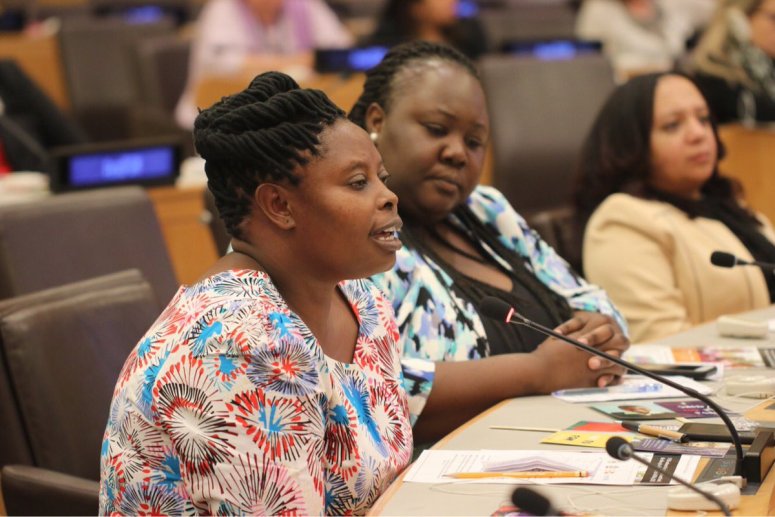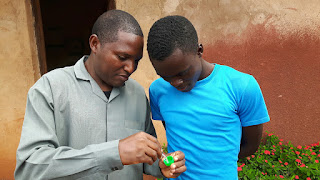Last week Rhobi was invited to tell her story as an FGM survivor and activist at a high level panel as part of the United Nations General Assembly in New York. She spoke movingly about begging her parents not to cut her, as she feared dying and her body being thrown in the bush to be eaten by wild animals, as had happened to her friend Sabina. But her pleas were in vain and she was cut and nearly bled to death. She has since dedicated her life to saving other girls from a similar fate.
You can watch a recording of her testimony here.
The following day Rhobi participated in our mapathon at UNFPA where we explained how better maps can help activists like Rhobi quickly find girls at risk of FGM and showed people how they can help to create them. There were side events in over 60 countries as part of this global FGM event, including at the Ministry of Women in Somalia, and with FGM activists in Kenya, Guinea, Mali, Niger, Uganda, Djibouti and many more. Together they mapped over 49,000 buildings and almost 7000 km of roads to better protect girls at risk.
At UNFPA Tyler and Rebecca from HOT also explained how maps can be used for many humanitarian purposes. You can see the presentation here. 

And now Rhobi is in London for the UK premiere of the film about her work, In the name of your daughter. For those of you near London, Nottingham or Yorkshire I hope you may get the chance to watch it and to meet Rhobi.




















